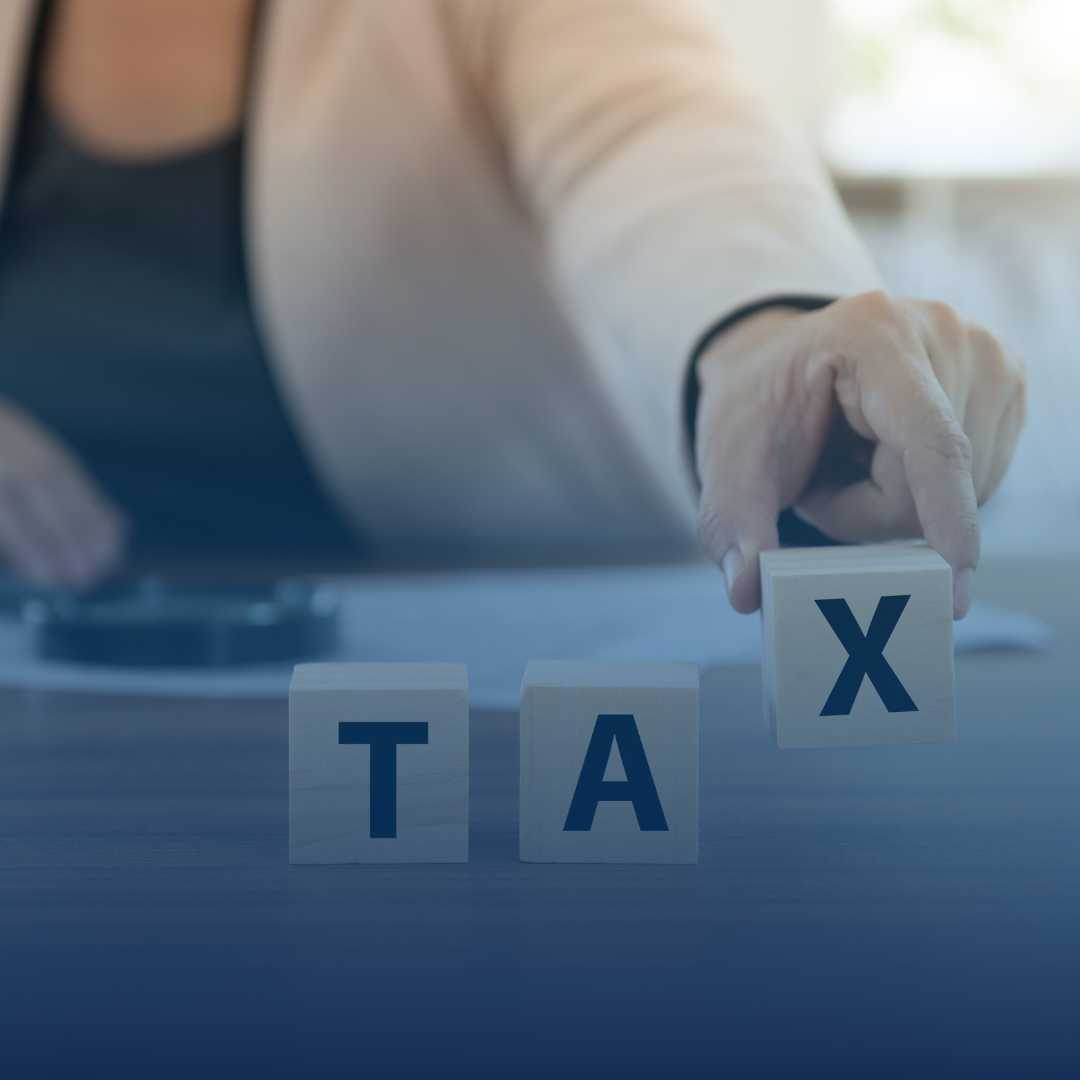Table of Contents
You’ve just returned from a relaxing holiday in a scenic beach town in Ireland, and you can’t help but wonder, what if you had a place there of your own? Somewhere to escape to during the summer, unwind, and spend quality time with the kids and even the dog. A holiday home could give you that freedom, a second home you can enjoy whenever it suits you.
The latest Census from the Central Statistics Office (CSO) shows that the number of holiday homes in Ireland went up by 8% between 2016 and 2022. There are nearly 67,000 holiday homes across the country, showing that more people are choosing to buy a second home, especially in popular holiday spots by the coast or in the countryside.
But before you start house hunting, especially if you’re planning to take out a mortgage, it’s important to understand what’s involved. This article will walk you through what you need to know if you’re considering buying a holiday home with a mortgage.
First Things First: Don’t Confuse a Holiday Home with a Rental Property
It’s easy to assume that buying a second home is the same whether you plan to use it yourself or rent it out, but there are important differences.
If you’re buying a holiday home for you and your family to enjoy, for weekend breaks, summer holidays, or occasional getaways, you’ll be treated as a second-time buyer. In this case, you’ll need a second-home mortgage.
On the other hand, if you’re purchasing a second property to rent out, that’s considered an investment property, and you’ll need a buy-to-let mortgage. This type of loan comes with different rules, higher deposit requirements, and affordability checks based on projected rental income.
So before you apply for a mortgage, it’s important to be clear on the property’s purpose, because the type of mortgage you’ll need depends on it.
How Much Deposit Do You Need for a Holiday Home Mortgage?
If you’re buying a holiday home, you’ll typically need a deposit of 30–35%. Lenders will assess your ability to afford the loan based on your income, existing mortgage repayments, and overall financial profile.
It’s a good idea to aim for a larger deposit if possible, especially if you already have an existing mortgage. A bigger deposit can strengthen your application and potentially secure better terms. Always speak with our financial advisors, as deposit requirements can vary slightly depending on the lender and your personal financial situation.
Get a Mortgage Quote
What are the conditions for getting a holiday home mortgage in Ireland?
To qualify for a holiday home mortgage, the property must be for your own personal use, not for regular renting. Lenders will assess your repayment capacity by looking at your income and outgoings including but not limited to any existing mortgage repayments and your savings history.
Mortgage rates for holiday homes are usually based on principal residence rates, which are lower than buy-to-let rates offered for rental properties.
Deposit & Loan-to-Value (LTV)
- Minimum deposit: You’ll typically need a deposit of 30–35% of the property’s value. In some cases, you may be able to release equity from your current home to help fund the purchase.
- Maximum LTV: lenders cover up to 65–70% of the property price.
Income & Borrowing Limits
- Stress-tested income: Lenders will apply stress-tested calculations to ensure you can afford the loan even if interest rates rise.
- Borrowing: Limited to 3.5x your gross income. Public sector employees can potentially borrow more, as lenders may include an element of overtime and allowances and even base calculations on a salary up to three points higher on the pay scale to factor in future pay increases.
Mortgage Rates
Mortgage rates for holiday homes are usually based on principal residence rates, which are typically lower than the buy-to-let rates offered for rental properties. This makes owning a holiday home more affordable compared to buying a property purely for rental income.
Loan Term
- Typical durations range from 5 to 25 years
Can I Buy a Holiday Home as a First-Time Buyer in Ireland?
No, you must already own a principal residence to qualify for a holiday home mortgage.
To be considered a first-time buyer, you must be purchasing a property that will serve as your main residence. If your first property is a holiday home, it does not meet this requirement under Revenue rules and mortgage lender criteria.
Can I use a gift for a mortgage deposit?
Yes, you can use a financial gift, such as money from a parent, grandparent, child, or another family member, to help fund your mortgage deposit in Ireland. This is quite common, especially with the Small Gift Exemption, which allows anyone to gift you up to €3,000 per year tax-free under Capital Acquisitions Tax (CAT) rules.
It’s a tax-efficient way for a loved one to support you with something important like buying a home, and it works both ways, meaning you can also receive a gift from your child if they’re in a position to help.
If you’re lucky enough to have someone who can contribute, it can really ease the financial pressure of getting a mortgage.
There are a few important things to know:
What Lenders Require:
- A signed gift letter from the person giving you the money, confirming that it’s a gift, not a loan.
- Some lenders will require you to have 5% of the purchase price saved.
- Some lenders will cap the number of giftors to 5, and these can only be from family members (not friends).
- The lender may require the Giftor to sign a deed of waiver witnessed by a Solicitor.
- For any funds being gifted from outside Ireland, the lender may require proof of the source of funds.
Get a Mortgage Quote
Does the Vacant Homes Tax Apply to Holiday Homes?
Yes, the Vacant Homes Tax (VHT) can apply to holiday homes, but only if the property is used for less than 30 days during the 12-month chargeable period (1 November to 31 October). There are other qualifying conditions, so it’s worth checking their guidelines to see if an exemption applies in your case.
What Extra Costs Should You Expect When Buying a Holiday Home in Ireland?
When buying a holiday home, you’ll face many of the same extra costs as first-time buyers, like stamp duty, solicitor fees, surveyor and valuation costs, and property tax. You may also have higher insurance or maintenance costs, especially if the home won’t be occupied full-time.
It’s important to factor these into your budget, as they can quickly add up. So don’t just budget for the deposit and purchase price, you’ll need to put aside another €10,000–€15,000+ to cover all associated fees.
For a full breakdown of what to expect, check out our detailed guide: Extra Costs When Buying a House in Ireland.
Can I Buy a Holiday Home Through a Pension?
No, if you want to buy a property through your pension, it must be an arm’s length investment, meaning you can’t live in it, stay in it, or let friends or family use it.
It is possible to buy a property through your pension in Ireland if the property is for investment purposes. You’ll need a self-directed pension, such as an SSAS or a Personal Retirement Savings Account (PRSA) that allows property investment.
The key rule is that the property cannot be used by you, your family, or anyone connected to you. Instead, it must be rented out on a commercial or residential basis, with all rental income and any future gains from a sale going tax-free back into your pension fund.
This can be a highly tax-efficient strategy, but it’s only suitable if your aim is to grow your retirement savings, not to use the property yourself.
Learn more about how to use your pension to buy property in Ireland here.
Get a Mortgage Quote
Get a Mortgage Quote With True Wealth
Considering a holiday home purchase? Our qualified financial advisors at True Wealth are here to help you find the most suitable mortgage option for your goals. We compare leading lenders across Ireland and support you throughout the entire process, from assessing affordability to securing mortgage approval. Get a quote today!
We are experts in personal and business protection, savings and investments, pension tracing, retirement planning & pensions, business owner and personal financial planning, mortgages, and wealth management and extraction.
Share this post.
All our content has been written or overseen by a qualified financial advisor. However, you should always seek individual financial advice for your unique circumstances.

How High Earners Can Reduce Their Tax Bill Through Smart Planning

